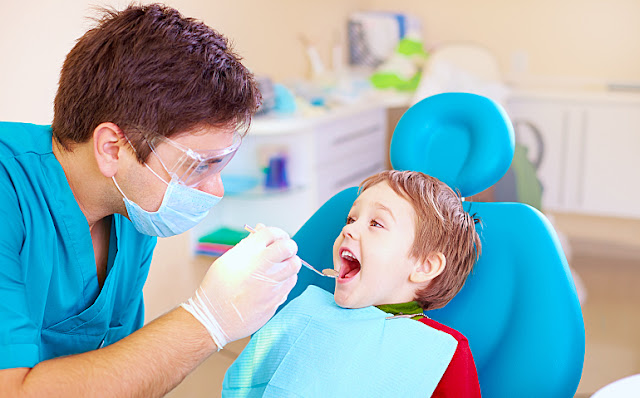Pediatric dentists are committed to educating children about excellent dental hygiene and aim to make every visit the child to the dentist's office exceptional. They are aware like the dentist in Barrie, Ontario, that dental care is a difficult subject for children and their parents. They make extra efforts to remove the guesswork out of excellent dental hygiene by educating, informing, and, most importantly, engaging the child and the parents.
If you are uncertain about how often your child should be seeing a dentist, you can rest assured you have illustrious individuals to accompany you. While no rock-solid benchmarks for recommended frequencies of dental visits exist, it is always better to err on the side of caution and schedule an appointment whenever any doubts exist.
Given the fact that children are susceptible to problems like dental caries and tooth decay, which is a chronic problem among them, it is alarming that bad dental habits are allowed to grow unabatedly in the country. Research has proven that children lose millions of school hours every year because of improper oral hygiene habits. Therefore the dental visits of the child will depend on the kind of oral hygiene being practiced and any problems that may have developed in the child's mouth.
The first visit of your child to a pediatric dentist should be no later than after the first tooth emerges or age 1. Dentists recommend two visits for children every year spanning over six months each. The six-monthly visits help the dentist to ensure:
- The child's teeth are aligned correctly.
- The child doesn't have minor oral problems that can aggravate into severe conditions.
- The teeth of the child are protected with sealants and fluoride against cavities and tooth decay.
- The child establishes familiarity and trust with the dentist because it is vital for them to do so.
Pediatric dentists are continuing to transform dental care not only to benefit the oral health of children but also to protect their overall health and teach them the benefit of maintaining proper oral hygiene. Habits learned early by children remain with them throughout their lives, allowing them to enjoy a healthy smile with beautiful teeth in their mouths.

Comments
Post a Comment